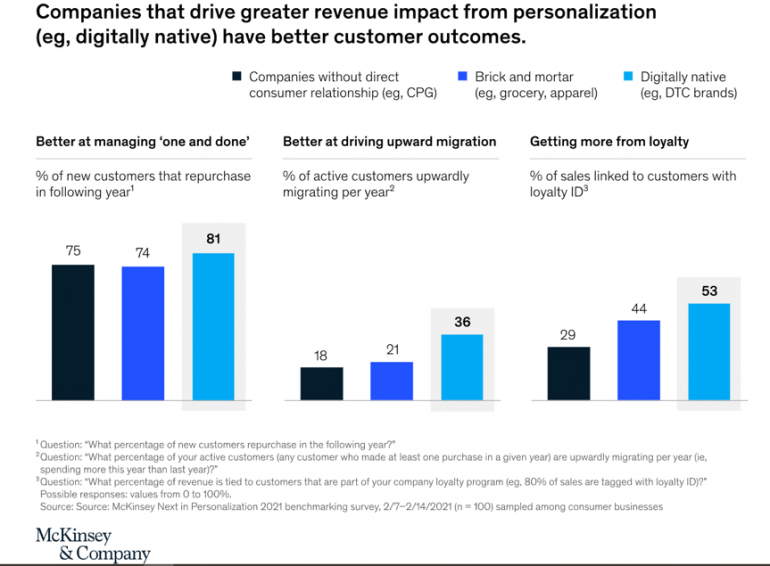The Future of AI and Personalization in Sports Betting Apps

The sports betting landscape has changed significantly in recent years. What was once a simple matter of placing wagers has evolved into a sophisticated, technology-driven ecosystem.
As any reputable sports betting software development company will tell you, artificial intelligence and personalization are no longer optional features—they're essential components of modern betting platforms.
In this article, we’ll explore how AI and personalization are setting new standards for the sports betting industry and shaping the future of betting apps.
The Role of AI in Sports Betting
AI’s integration into sports betting apps has fundamentally changed how users interact with platforms and how decisions are made.
Traditionally, bettors relied on historical data and simple statistics. AI can operation amounts of information analyzing real-time data. It gives users insights like player stats and even weather conditions.
Real-Time Data Analysis
With AI, sports betting apps can access and analyze live game data, enabling real-time, dynamic odds. This means that as a game unfolds, the odds can adjust instantly, building a more interactive betting experience.
For example, suppose a key player is injured mid-game. In that case, AI algorithms can swiftly assess the impact, adjust the odds, and notify users immediately, enabling informed, real-time decisions.
Predictive Modeling and Machine Learning
Machine learning, a subset of AI, has contributed new possibilities. It allows sports betting apps to forecast potential outcomes. These predictions based on a vast amounts of data. For predictive modeling, app uses the team's past performance and takes into account various data points like previous match conditions, player fatigue, and even psychological factors. This advanced analysis provides users use the data to identify patterns that might help with making a decision.
Studies indicate that AI-powered predictive models are better than traditional statistical methods in forecasting the outcomes of sporting events. These advanced models can leverage highly accurate data and set odds that reflect the true probability of outcomes. That allows users to make data-driven bets with greater confidence.
AI models continue to evolve in predictive analytics. So they helps players to make sophisticated conclusions in future and control their wagering.
Personalization

User engagement is closely linked to customer retention so businesses should focus on improving user experience and personalization is becoming essential in this way.
Customized Content and Recommendations
Through AI, sports betting apps can analyze user behavior when interacting with the platform. The system considers factors such as:
- Past betting history;
- Sports preferences;
- Risk tolerance levels;
- Timing of bets.
Based on the gleaned data, the platform provides tailored recommendations, ranging from preferred sports to favorite teams or even specific types of bets. For instance, if a user consistently bets on basketball games, the app can prioritize basketball odds, news, and events, creating a more engaging and relevant experience.
According to a McKinsey report, personalization can drive a revenue increase of 10 to 15 percent, with specific companies seeing a lift ranging from 5 to 25 percent, depending on their sector and execution capabilities. The better a company is at leveraging data to deepen customer understanding and intimacy, the higher the returns.
Furthermore, companies that focus on personalization tend to achieve better customer outcomes. Their emphasis on relationships and long-term value results in improved customer retention, loyalty, and upward migration.

In sports betting, where users are looking for a fast, responsive experience, personalization is critical for their retention. Users are more likely to stay on platforms that offer them customized content based on their interests rather than generic betting options.
Enhanced User Interfaces
AI also allows for user interface (UI) personalization. Betting apps can adjust their layouts, notifications, and even color schemes based on user preferences, creating a highly immersive experience. The app can, for example, minimize pop-ups for users who prefer a cleaner interface or highlight trending bets for users interested in popular games. Such tailored experience increases usability and overall satisfaction.
AI’s Role in Ensuring Transparency
With billions of dollars at stake sports betting apps need security and transparency. Security features are essential for maintaining user trust.
Fraud Detection and Prevention
AI helps to indicate fraud activity using pattern recognition for identifying unusual betting patterns. AI algorithms can monitor transactions to detect suspicious activity. This helps prevent various fraudulent activities, such as account takeovers, payment fraud, or even match-fixing schemes.
Promoting Responsible Gambling
AI also can track user behavior and identify potential signs of problem gambling. If a user shows unusually high spending or erratic betting patterns, AI can alert the compulsive betting. After that the app can take action like sending reminders, limiting bets, or temporarily restricting access. Such control helps to promote responsible gambling.
The Future of AI in Sports Betting: What to Expect
AI and personalization are powering the future of the apps, helping businesses stand out from the competition and nurture a loyal fan base. These trends will shape the industry in the coming years:
| Future AI-Powered Features | Description |
| Virtual Reality (VR) and Augmented Reality (AR) Integration | VR and AR, powered by AI, are set to make sports betting immersive. Users could virtually “sit” courtside or experience live data overlays during games, creating an experience that feels more like attending a live event and enhancing engagement. |
| Voice-Activated Betting Assistants | Voice-activated AI assistants will allow users to ask questions, place bets, or check stats with simple voice commands. Thanks to natural language processing (NLP), these assistants can handle complex requests, offering a hands-free betting experience. |
| Enhanced Data Analytics for In-Depth User Insights | With advancements in AI and machine learning, sports betting software development companies will gain deeper insights into user behavior. These insights will allow for optimized app features and even more personalized experiences tailored to user interests and trends. |
Conclusion
AI and personalization should be the necessary components of sports betting apps. They can offer a better user experience with personalized recommendations using a combination of real-time data analysis and machine learning. AI helps to ensure a fair and secure environment for bettors providing security and transparency.
The future of sports betting lies in its ability to embrace these technologies fully. As AI continues to evolve, the sports betting industry is likely to see an era of unprecedented innovation and user satisfaction.
Frequently Asked Questions
1. How does weather data affect AI betting predictions?
Weather conditions can significantly impact sports outcomes, particularly in outdoor sports. AI systems analyze historical performance data under various weather conditions to adjust odds and predictions accordingly.
2. Will AI-powered sports betting apps still require human oversight?
While AI automates many processes, human oversight is still essential for interpreting results, adjusting algorithms, and ensuring ethical standards, particularly in areas like fraud detection and responsible gambling.
3. What role does blockchain technology play in modern betting apps?
Transparency and secure transactions are ensured by the integration of blockchain technology into betting platforms. That helps to provide an immutable record of bets and prevent fraud activities.
4. How do betting apps protect user privacy while collecting data for personalization?
Modern betting platforms employ advanced encryption and data anonymization techniques to protect user privacy. They typically follow strict data protection regulations while gathering only essential information for personalization features.
Copyright © . All Rights Reserved